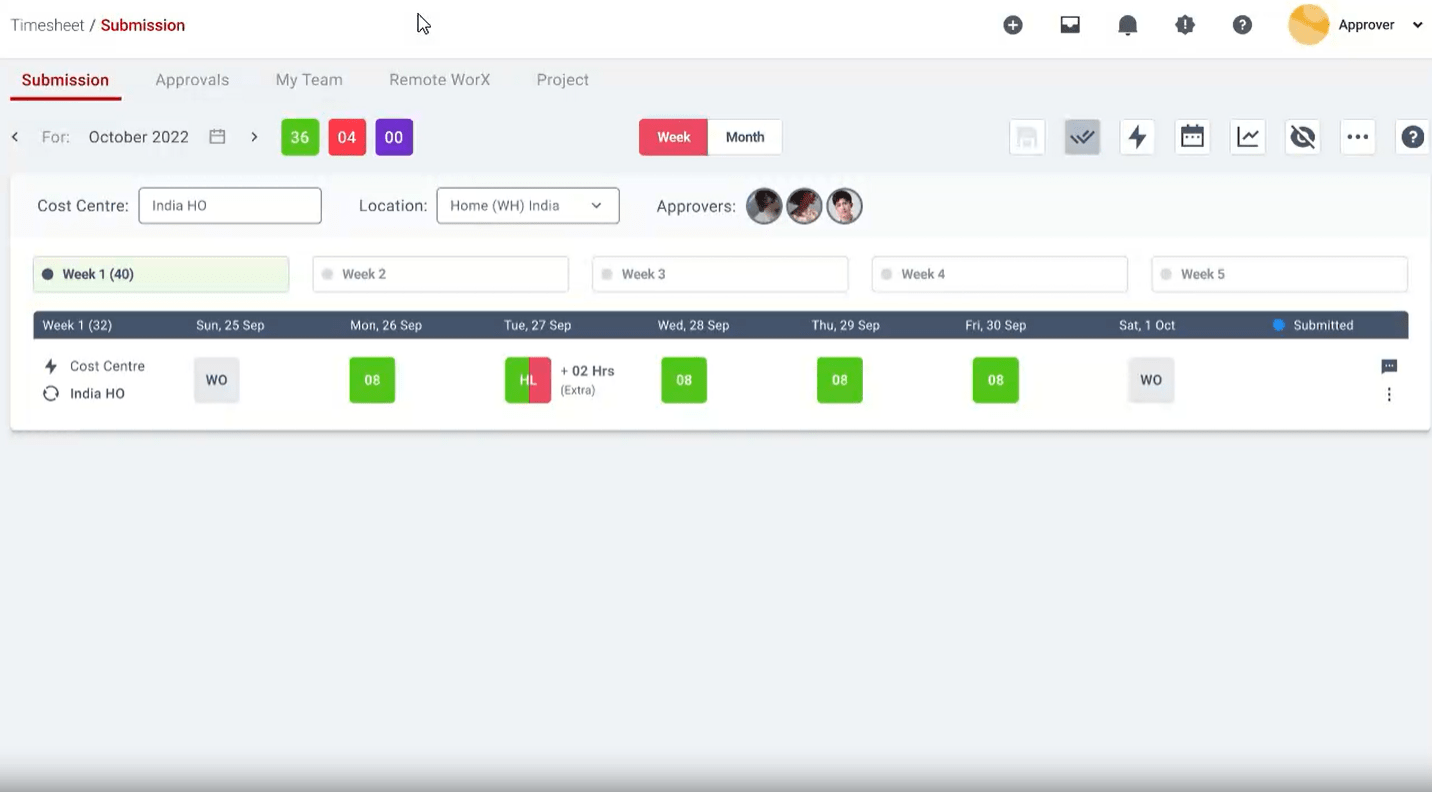Home » PSApedia
Non-Billable Hours per Resource
Monitor Non-Billable Hours per Resource Seamlessly and Optimize Workforce Productivity.

What is Non-Billable Hours per Resource?
Non-billable hours refer to the time spent by resources (employees or contractors) on tasks that cannot be billed to a client. These tasks can include internal meetings, training, administrative tasks, or any other activity that doesn’t directly generate revenue for the company.
In the context of Professional Service Automation (PSA), understanding and managing non-billable hours is crucial for resource allocation and financial forecasting.
Importance of Non-Billable Hours per Resource
Non-billable hours, while not directly generating revenue, play a pivotal role in the overall health and efficiency of a company. Here’s why they’re important:
1. Resource Development: Time spent on training and skill development, though non-billable, enhances the value of the resource in the long run.
2. Operational Efficiency: Internal meetings and strategy sessions, while non-billable, are essential for streamlining operations and ensuring everyone is aligned with the company’s goals.
3. Financial Forecasting: By understanding non-billable hours, companies can better predict their expenses and revenue. This is crucial for financial management and planning.

Importance of Non-Billable Hours per Resource
How to Calculate Non-Billable Hours per Resource?
Formula:
Non-Billable Hours per Resource = Total Logged Hours per Resource – Billable Hours per Resource
Example:
Let’s say an employee logs 40 hours in a week. Out of these, 30 hours were spent on client projects (billable), and 10 hours were spent on internal meetings and training (non-billable).
Using the formula:
Non-Billable Hours per Resource = 40 (Total Logged Hours per Resource) – 30 (Billable Hours per Resource) = 10 hours
For a more comprehensive view, companies often use timesheet software to track and analyze both billable and non-billable hours.
Difference Between Non-Billable and Billable Hours per Resource
1. Billable Hours: These are hours worked on client projects or tasks that can be directly billed to a client. They generate direct revenue for the company. Tools like project management software can help track these hours efficiently.
2. Non-Billable Hours: Hours that cannot be billed to a client. They don’t generate direct revenue but are essential for the smooth operation and growth of the company. Resource management tools can provide insights into these hours, ensuring they’re used productively.
| Metric | Non-Billable Hours per Resource | Billable Hours per Resource |
|---|---|---|
| Definition | Hours spent on internal tasks, training, admin, or unproductive activities not directly generating revenue for the company. | Hours spent on client projects or tasks that can be billed to clients, directly contributing to revenue. |
| Focus | Measures resource time allocated to non-revenue-generating activities. | Measures resource time allocated to revenue-generating client work. |
| Key Performance Indicator (KPI) | Used to assess resource productivity, efficiency, and capacity utilization for internal purposes. | Essential KPI for revenue tracking, billing, and profitability analysis. |
| Importance | High non-billable hours may indicate resource inefficiency or underutilization. | High billable hours are desirable as they directly contribute to company revenue. |
How Non-Billable Hours per Resource are Used?
Non-billable hours are utilized in various ways:
1. Training and Development: Investing in employee growth through training sessions, workshops, and courses.
2. Internal Operations: Time spent on internal meetings, strategy sessions, and administrative tasks to ensure the company runs smoothly.
3. Networking and Marketing: Attending conferences, webinars, or any activity aimed at business growth but not directly billable.
Ready to Optimize Your Non-Billable Hours per Resource?
KEBS, a leading PSA software, offers tools and insights to optimize non-billable hours. With KEBS custom reporting, businesses can get a granular view of how non-billable hours are spent, helping in informed decision-making. KEBS resource management software ensures that non-billable hours are used productively or any other activity. By understanding and managing non-billable hours, KEBS aids in better financial planning, ensuring profitability.
KEBS seamlessly integrates with other business systems, ensuring that all data, be it from project management or ticket management, is centralized and accessible.

KEBS Time Tracking
Ready to optimize your non-billable hours and drive efficiency? Contact us today or request a demo to see KEBS in action!



